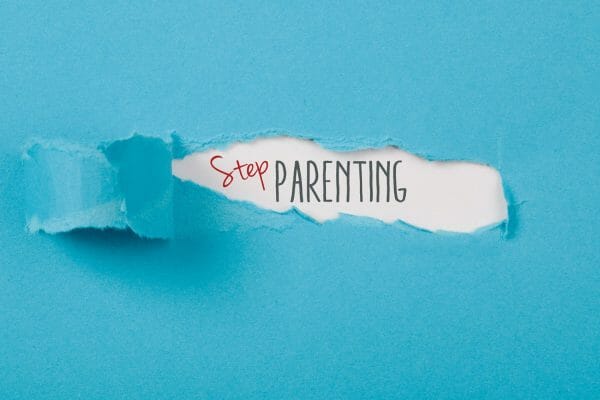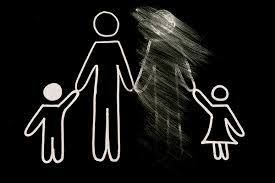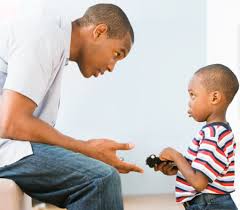-
18 is the New 15

Teens are not equipped to handle too much responsibility. Recent research is telling us that 18 is the new 15, meaning that teens are maturing at a slower rate than they were decades ago. According to Dr. Daniel Siegel, “In a culture that says, ‘Okay, you’re going to go to high school, go to college,…
-
Modeling Resilience

Resilience is a dying word in our society, in my opinion. It’s the capacity to recover quickly from difficult circumstances or the ability of a substance to spring back into shape after being stretched. Although making accommodations for certain trauma is certainly necessary and understandable, not all difficulties or “stretching” is considered trauma. In the…
-
Giving Teens a Choice

We all recognize that teenagers have lives outside of their parents – lives they would much rather cultivate than their relationship with their parents! But we also know that during the teen years, a lot of things can go awry if a good solid parent/child bond is not in place. When I was a teen,…
-
The Truth about Parental Alienation

The phrase parental alienation has become somewhat ubiquitous in custody cases these days, reminiscent of the path ADHD and bipolar disorder took years ago when they became the disorders du jour and popularized by our culture and media. Unfortunately, when that happens, the terms become watered down and eventually dismissed as overused and exaggerated, leaving…
-
The Step-Parent Dilemma

NOTE: In this article, I use the phrase “bio-parent” when referring to a biological parent, legal guardian or adoptive parent. It is meant to be inclusive, and used as a matter of convenience, not as a technical description. I love a good step-parent! Sometimes they can be way more level-headed than the bio-parents and can…
-
Peace Requires Acceptance

I wish I had a dollar for every co-parent who has told me they “just want peace” in their co-parent relationship. If the other parent is not going to give it to you willingly, you may have to rely on acceptance in order to create it for yourself. To put it bluntly, whomever you intentionally…
-
The Power of Plan B

Co-parent conflict is often about parents feeling frustrated by their personal differences. Chances are those existed prior to the relationship break-up, but they become more prominent as you try to navigate those differences after divorce or separation. A parent might be chronically late for parenting time transitions, or won’t let your child do normal kid…
-
Hate is a Learned Emotion

Kids who are neglected, abandoned, or abused by a parent have an array of emotions that they struggle with, including sadness, anger, disappointment, distrust, etc. But not hate. Hatred is a learned emotion, not a reactive one. Most kids who have strong feelings about how a parent has treated them will say that although they…
-
Monitoring Parent/Child Phone Calls

A subject that comes up in many of my cases has to do with one parent requiring a child to put the phone on speaker mode when talking to their other parent. I can’t think of a more obvious way to put your child literally in the middle of the co-parent conflict. I have a…
-
Kids Benefit from Different Parents

There is an almost universal concept in parenting. I say almost since there’s usually an exception to the rule, but I haven’t yet seen it. Whether different sex or same-sex couples, the assumption seems to hold — no two parents are alike. In my experience, parents seem to be attracted to one another in the…
